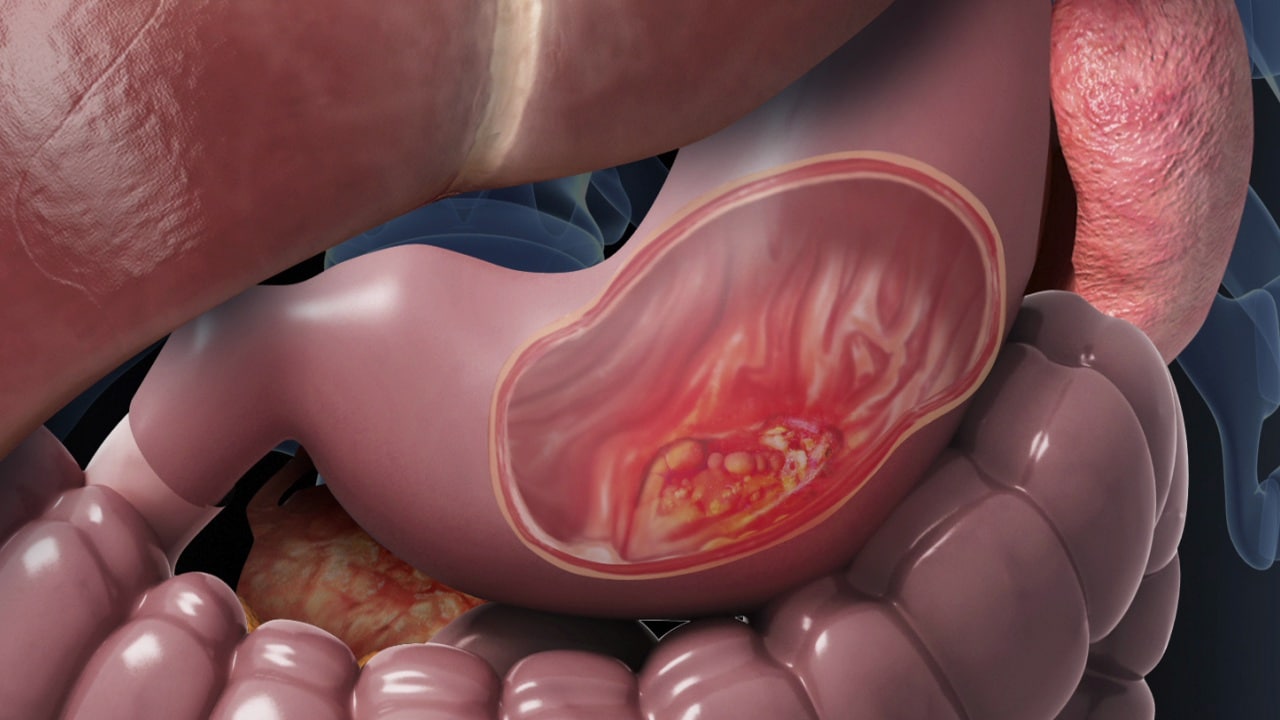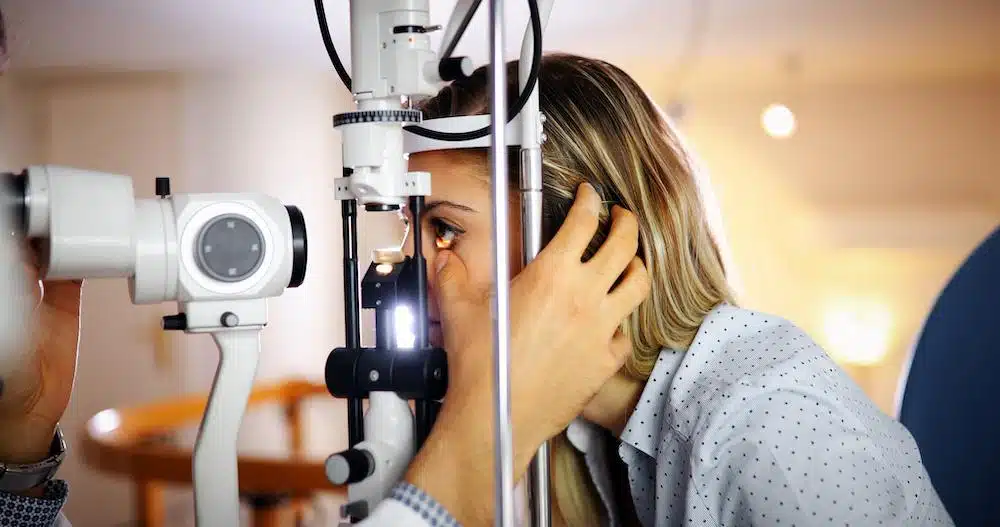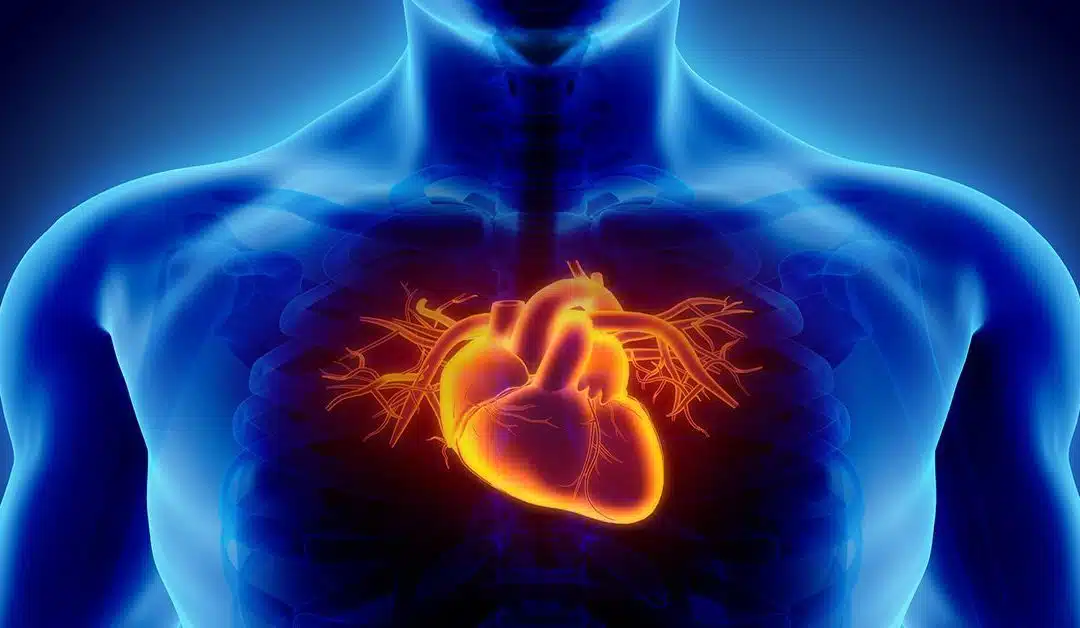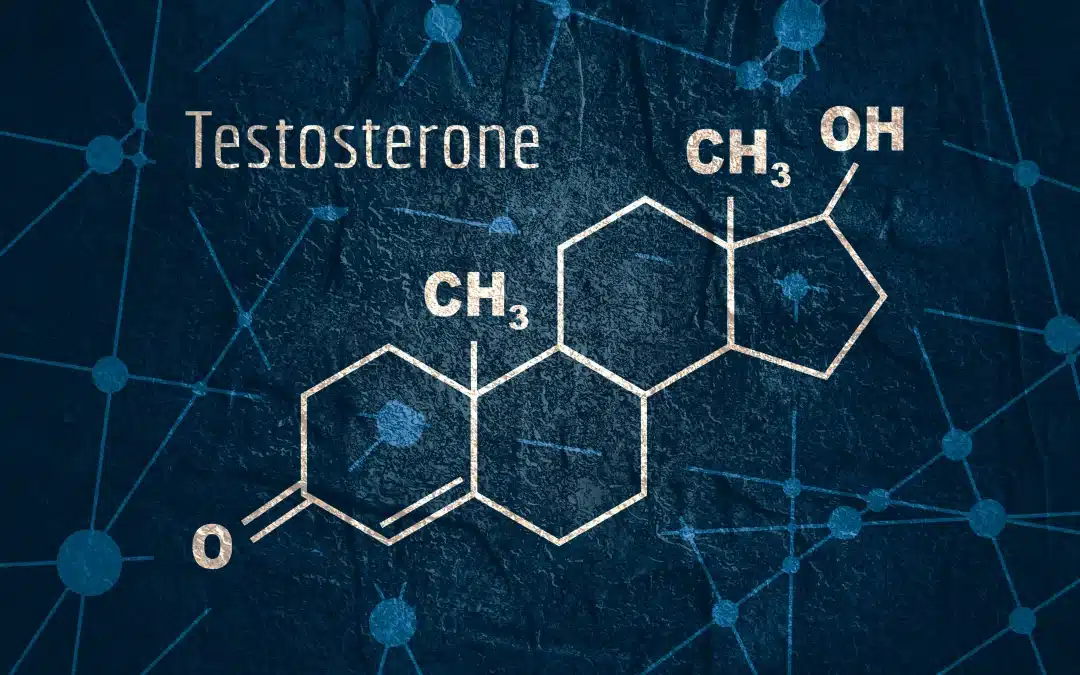Gastric cancer, commonly referred to as stomach cancer, is a malignancy that arises from the lining of the stomach. Statistics reveal that gastric cancer is the fifth most common cancer worldwide and the third leading cause of cancer-related deaths. It is more prevalent in East Asia, Eastern Europe, and parts of Central and South America. Despite advancements in medical science, the survival rates for gastric cancer remain relatively low, with early detection being crucial for improved outcomes.
In recent years, researchers have explored various factors contributing to gastric cancer, including genetic predispositions, environmental influences, and lifestyle choices. Among these, the gut microbiome has emerged as a pivotal player in the development and progression of gastric cancers. Understanding the role of the gut microbiome offers promising insights that could lead to more effective prevention strategies and therapeutic interventions.
The Role of Gut Microbiome in Gastric Cancers
The connection between the gut microbiome and gastric cancers has become a focal point of research, unveiling intricate interactions that influence cancer risk and progression [1-6]. Studies have shown that specific bacterial strains, particularly Helicobacter pylori, are strongly associated with gastric cancer development. H. pylori infection leads to chronic inflammation, which can cause changes in the gastric epithelium and potentially progress to malignancy [1-5].
The gut microbiome also impacts gastric cancer through its influence on the immune system and inflammation. An imbalanced microbiome, or dysbiosis, can lead to chronic inflammation, a known risk factor for various cancers, including gastric cancer [1-4]. Dysbiosis may result from several factors, such as diet, antibiotic use, and stress, disrupting the delicate balance of microbial communities and triggering harmful inflammatory responses.
Furthermore, the gut microbiome’s metabolic activities can produce carcinogenic compounds or alter the metabolism of dietary components, influencing cancer risk. For instance, certain bacteria can convert dietary nitrates into nitrosamines, compounds linked to gastric carcinogenesis [4]. Thus, understanding the role of the gut microbiome in gastric cancers is crucial for developing targeted interventions that can modify microbiome composition to reduce cancer risk.
How Gut Microbiome Imbalance Contributes to Gastric Cancer Risk
Gut microbiome imbalance, or dysbiosis, can significantly increase the risk of gastric cancers by facilitating a pro-inflammatory and carcinogenic environment [1-4]. When the balance between beneficial and harmful bacteria is disrupted, it can lead to the overgrowth of pathogenic microbes, exacerbating inflammation and tissue damage in the gastric environment. This chronic inflammation can contribute to the initiation and progression of gastric cancer.
Several factors can contribute to dysbiosis, including dietary habits, antibiotic use, and lifestyle choices. Diets high in processed foods, red meats, and low in fiber can promote an unfavorable microbial environment. Similarly, excessive use of antibiotics can reduce microbial diversity, allowing pathogenic bacteria to thrive. Lifestyle factors such as stress and lack of physical activity can also impact the gut microbiome, further increasing the risk of dysbiosis and associated gastric cancers.
Moreover, dysbiosis can affect the production of metabolites that protect the gastric mucosa. Beneficial bacteria typically produce short-chain fatty acids and other compounds that support mucosal health and immune function. In a dysbiotic state, the production of these protective metabolites is reduced, leaving the gastric lining more susceptible to damage and potential malignant transformation [1-4,6]. Understanding these mechanisms highlights the importance of maintaining a balanced gut microbiome to mitigate gastric cancer risk.
Probiotics and Their Impact on Gastric Cancers
Probiotics, live microorganisms that confer health benefits when consumed in adequate amounts, offer promising potential in modulating the gut microbiome and reducing gastric cancer risk. By restoring microbial balance, probiotics can enhance gut health and strengthen the immune response, potentially reducing inflammation and the risk of cancer progression [2,7].
Research indicates that probiotics can inhibit the growth of H. pylori, a major risk factor for gastric cancer. Certain probiotic strains, such as Lactobacillus and Bifidobacterium, have been shown to suppress H. pylori colonization and reduce associated gastric inflammation [3]. By competing for adhesion sites and producing antimicrobial substances, probiotics can help maintain a healthy microbial balance, decreasing cancer risk.
In addition to their antimicrobial effects, probiotics can enhance the production of protective metabolites like short-chain fatty acids, which support mucosal integrity and immune function. They may also modulate the immune response, promoting anti-inflammatory pathways and reducing chronic inflammation in the gastric environment. Incorporating probiotics into the diet or as supplements could be a valuable strategy for individuals at risk of gastric cancer, highlighting the role of gut microbiome modulation in cancer prevention.
Current Research on Gut Microbiome and Gastric Cancers
The burgeoning field of gut microbiome research has opened new avenues for understanding the complex interactions between microbial communities and gastric cancers. Recent studies employ advanced genomic and metabolomic techniques to elucidate the microbial signatures associated with different stages of gastric cancer [1,3,4,6,7]. These insights are paving the way for innovative diagnostic and therapeutic approaches.
One area of focus is the identification of specific microbial markers that could serve as early indicators of gastric cancer risk. Researchers are exploring the potential of microbial profiles and metabolites as non-invasive biomarkers for early detection, allowing for timely intervention and improved prognosis. Such advancements could revolutionize the way gastric cancer is diagnosed and managed.
Moreover, experimental therapies targeting the gut microbiome are being investigated for their potential to complement traditional cancer treatments [1-4,7]. Preclinical studies are evaluating the efficacy of microbiome-modulating interventions, such as fecal microbiota transplantation, in enhancing the response to chemotherapy and immunotherapy [2,7]. These novel approaches highlight the critical role of the gut microbiome in shaping cancer treatment outcomes and underscore the need for continued research in this promising field.
Preventive Measures: Enhancing Gut Health to Reduce Gastric Cancer Risk
Adopting preventive measures to enhance gut health is a proactive approach to reducing the risk of gastric cancer. By focusing on lifestyle and dietary modifications, individuals can support a balanced and resilient gut microbiome, ultimately contributing to overall health and cancer prevention [1].
- Dietary Choices: Emphasize a diet rich in fiber, fruits, vegetables, and fermented foods. These foods provide essential nutrients and prebiotics that promote a healthy gut microbiome and reduce inflammation. Conversely, reduce consumption of processed foods, saturated fats, and sugars as they can disrupt the microbial balance, favoring the growth of harmful bacteria.
- Probiotic Supplementation: Consider incorporating probiotics into the diet through supplements or fermented foods like yogurt and kefir. Probiotics can help restore microbial balance and inhibit harmful bacteria linked to gastric cancer.
- Lifestyle Modifications: Engage in regular physical activity and manage stress effectively. Exercise and stress reduction techniques, such as mindfulness and meditation, can positively impact the gut microbiome and enhance immune function.
- Limiting Antibiotic Use: Use antibiotics judiciously and only when necessary. Overuse of antibiotics can disrupt the gut microbiome and contribute to dysbiosis, increasing cancer risk.
- Regular Medical Check-ups: Regular screenings and check-ups can aid in early detection and intervention for gastric cancer, particularly for individuals with a family history or other risk factors.
By implementing these preventive measures, individuals can enhance their gut health and potentially reduce their risk of gastric cancers, underscoring the importance of proactive health management.
Future Directions in Research and Treatment of Gastric Cancers
The future of gastric cancer research and treatment is poised to benefit significantly from advancements in microbiome science. As our understanding of the gut microbiome’s role in cancer deepens, new diagnostic and therapeutic opportunities are emerging, promising to transform the landscape of gastric cancer care [3].
One promising direction is the development of personalized medicine approaches that consider individual microbial profiles. Tailoring treatments based on a patient’s unique microbiome composition could enhance treatment efficacy and minimize adverse effects. Researchers are also exploring microbiome-based therapies, such as targeted probiotics and prebiotics, to modulate the gut environment and improve cancer outcomes [7].
Additionally, the integration of microbiome research with other cutting-edge technologies, such as artificial intelligence and machine learning, could accelerate the discovery of novel biomarkers and therapeutic targets. These interdisciplinary efforts hold the potential to revolutionize early detection, risk assessment, and personalized treatment of gastric cancers, offering hope for improved patient outcomes and survival rates.
Final Thoughts
The intricate relationship between the gut microbiome and gastric cancer underscores the importance of maintaining gut health as a cornerstone of cancer prevention. By understanding the role of the gut microbiome and implementing lifestyle and dietary modifications, we can significantly reduce the risk of gastric cancer and enhance overall well-being.
Ultimately, the journey towards better health and cancer prevention begins with the choices we make every day. By prioritizing gut health and supporting ongoing research efforts, we can pave the way for a future where gastric cancers are not only better understood but also more effectively prevented and treated.
Sources
[1] Ağagündüz, D., Cocozza, E., Cemali, Ö., Bayazıt, A. D., Nanì, M. F., Cerqua, I., Morgillo, F., Saygılı, S. K., Berni Canani, R., Amero, P., & Capasso, R. (2023). Understanding the role of the gut microbiome in gastrointestinal cancer: A review. Frontiers in pharmacology, 14, 1130562. https://doi.org/10.3389/fphar.2023.1130562
[2] Wang, M., Yang, G., Tian, Y., Zhang, Q., Liu, Z., & Xin, Y. (2023). The role of the gut microbiota in gastric cancer: the immunoregulation and immunotherapy. Frontiers in immunology, 14, 1183331. https://doi.org/10.3389/fimmu.2023.1183331
[3] Zeng, R., Gou, H., Lau, H.C.H., et al., (2024). Stomach microbiota in gastric cancer development and clinical implications. Gut, 73, 2062-2073. https://gut.bmj.com/content/73/12/2062
[4] Jinpu, Y., Xinxin, Z., Xiaosun, L., Zongxin, L., & Feng, J. (2021). Role of the Gastric Microbiome in Gastric Cancer: From Carcinogenesis to Treatment. Frontiers in Microbiology, 12, 1-16. https://doi.org/10.3389/fmicb.2021.641322
[5] Shin, W. S., Xie, F., Chen, B., Yu, J., Lo, K. W., Tse, G. M. K., To, K. F., & Kang, W. (2023). Exploring the Microbiome in Gastric Cancer: Assessing Potential Implications and Contextualizing Microorganisms beyond H. pylori and Epstein-Barr Virus. Cancers, 15(20), 4993. https://doi.org/10.3390/cancers15204993
[6] Jeong, S., Liao, YT., Tsai, MH. et al. (2024). Microbiome signatures associated with clinical stages of gastric Cancer: whole metagenome shotgun sequencing study. BMC Microbiol. 24, 139. https://doi.org/10.1186/s12866-024-03219-2
[7] Park CH. ( 2024). Unveiling the Gastrointestinal Microbiome Symphony: Insights Into Post-Gastric Cancer Treatment Microbial Patterns and Potential Therapeutic Avenues. J Gastric Cancer. 24 (1), 89-98. https://doi.org/10.5230/jgc.2024.24.e4








